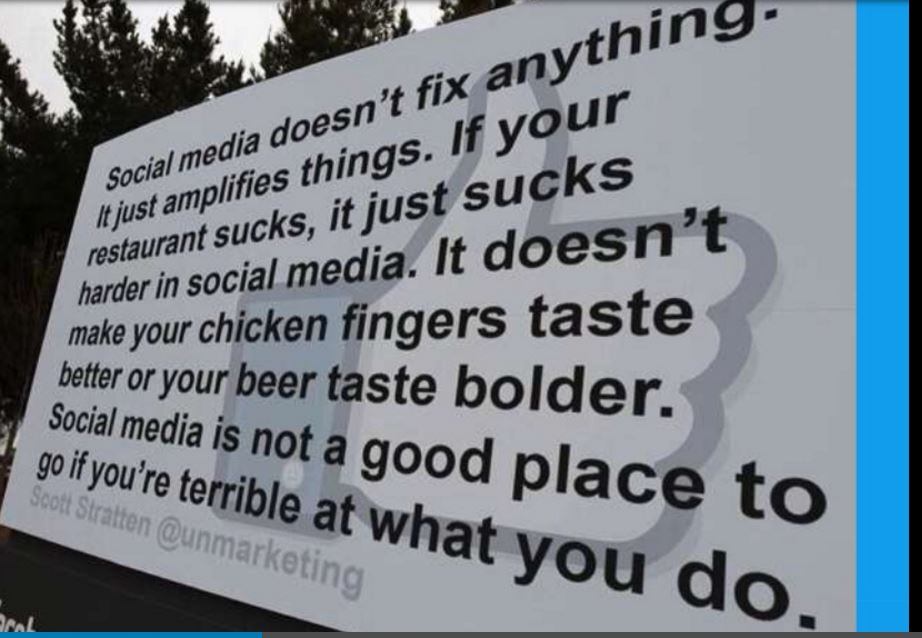Each individual makes around 200 food-related decisions each day, the majority of which are being made on a subconscious, emotional level.
Digital marketing expert and director of the Digital Blonde agency, Karen Fewell, says companies need to tap into these emotional undercurrents if they are to develop a branding strategy that really connects with people.
Speaking at Food Vision in Cannes this month, Fewell told delegates how our emotional relationship with food is informed and shaped by marketing, meaning the potential impact of getting this right is significant.
Social media can be your storytelling platform
The most effective way of connecting emotionally to consumers is through storytelling. "There is no 'buy' button in the brain, but there is a 'story' button," she said.
“Stories are incredibly powerful – when we hear them we can put ourselves in the view of the characters we feel empathy and mirror their emotions," she said.
"We’re making really quick decisions about food and drink and technology - social media - is helping us to do that even quicker."
But social media means having a one-to-one conversation with your customers that millions of online users can see – if your company does not have a coherent and effective marketing strategy then social media

will simply amplify that.
It would be very easy to make assumptions about how consumers relate to food or drink brands, said Fewell, but this can vary.
"For some brands it's about identity, so [consumers] are happy to have a t-shirt with that brand name on it, for others it's more related to nostalgia or how the brand brought about happy memories with family or a loved one.
"And if you don't understand exactly the emotions that your customers are feeling you can very easily get it wrong, and in some cases actually upset them so its important to understand that emotional spectrum."
What's more, building up a strong brand connection can result in consumers craving your brand, not simply in relation to competitors, but in itself, said Fewell.
In a second analysis, Digital Blonde marketers used a software to analyse social media conversations about food brands, Fewell found significant numbers of people were craving Nando’s – a South African food service chain now found worldwide – more than they were craving chicken, and were openly sharing this sentiment on networks.
Just take a look on Twitter to see the ways in which consumers are actively seeking to engage with brands.
Online / offline
When using social media, however, companies need to work harder to earn that brand love. This is because our emotional reaction and connection with food is, understandably, stronger 'offline' in real life.
Fewell ran an experiment to compare how emotionally connected people are with their food when it is eaten during a shared social experience – in this case a 40-person dinner - compared to when they saw images of the food online.
Diners were given a seven-course tasting dinner, with each course designed to elicit a specific emotion such as love, surprise or anger, and a story told for each food. They then filled out a survey detailing their experience. Fewell then compared this to the reactions felt by a different set of people when presented with photographs taken during the dinner.
”When people were there during the evening and sharing the experience, their depth of emotion was 3.6 on a scale of one to five. But when we only showed them pictures – to a new set of people who hadn’t eaten the food – that dropped to 2.7. But just adding a story and a description brought that up a step.”
By effectively combining good photos with storytelling food marketers can intensify the emotional experience elicited by a TV advert or Twitter post, bringing it closer to the real-life experience.
"The best moments in life happen when we're sitting around a table eating and drinking with the ones we love. Marketing shouldn't ruin that it should reinforce it - and that's going to happen with great storytelling," she said.
